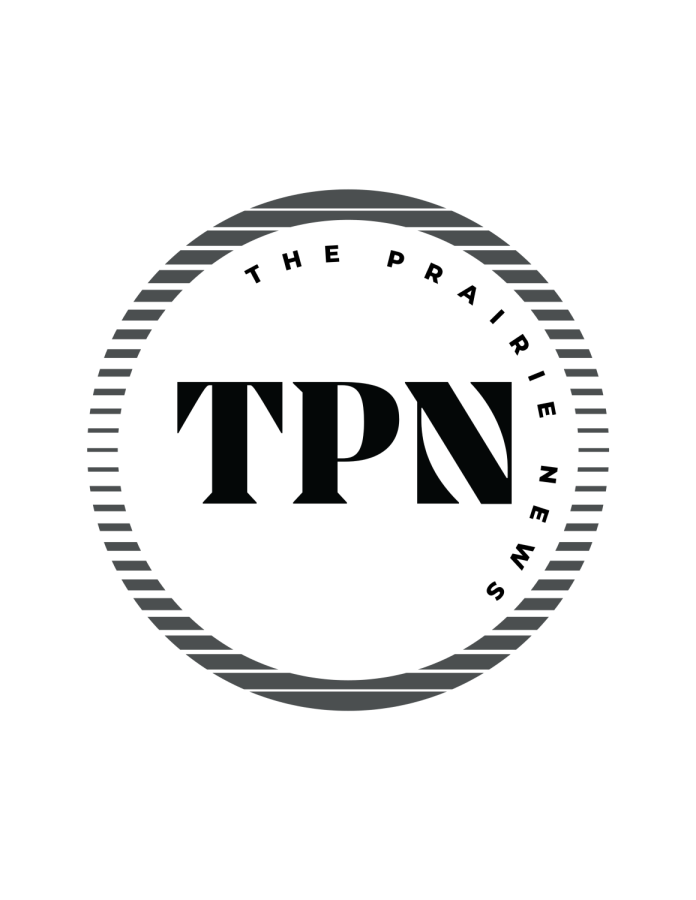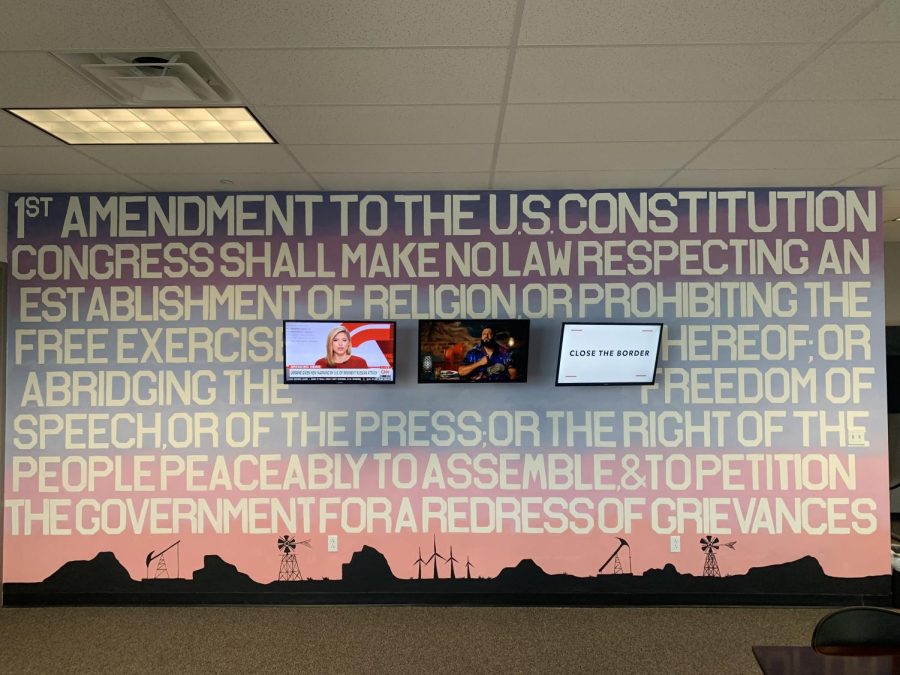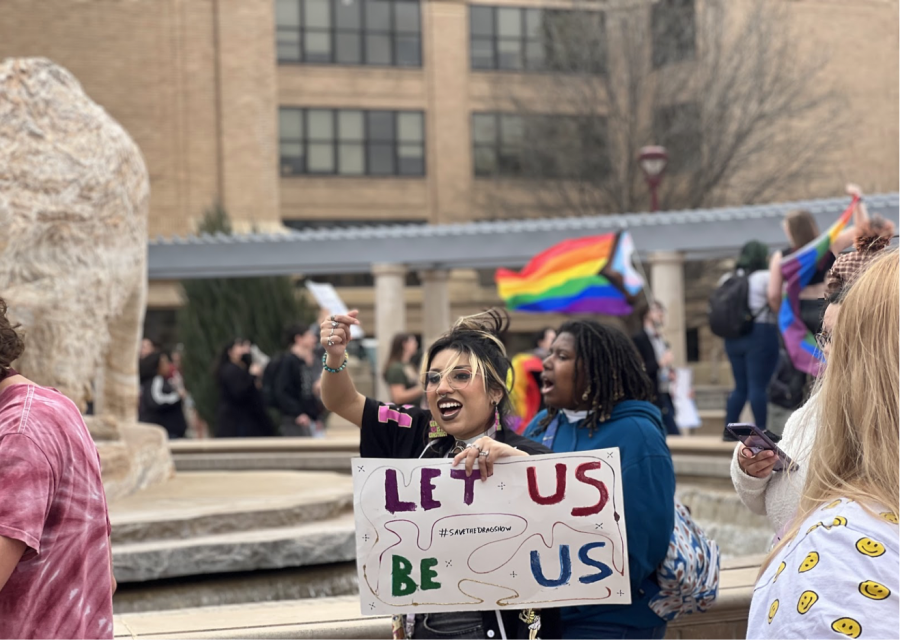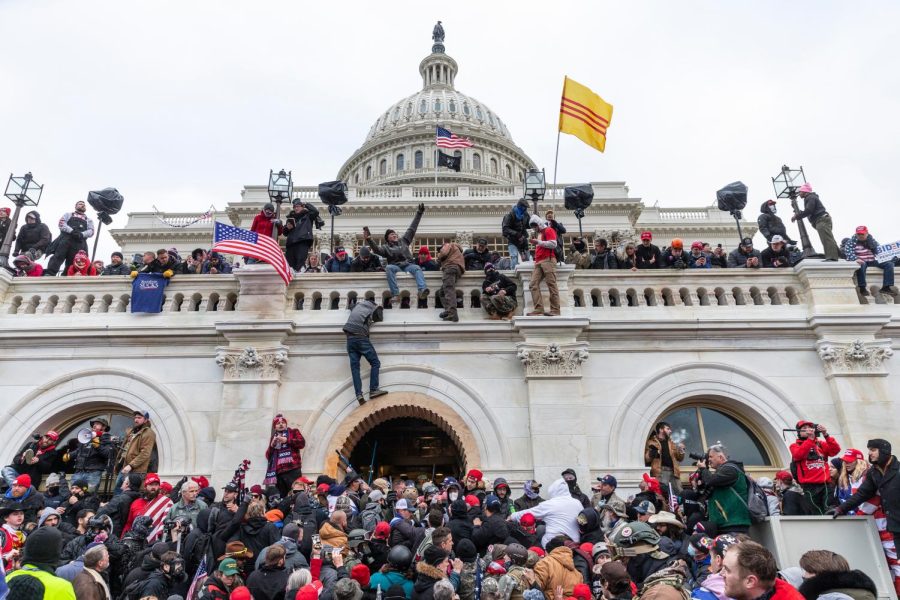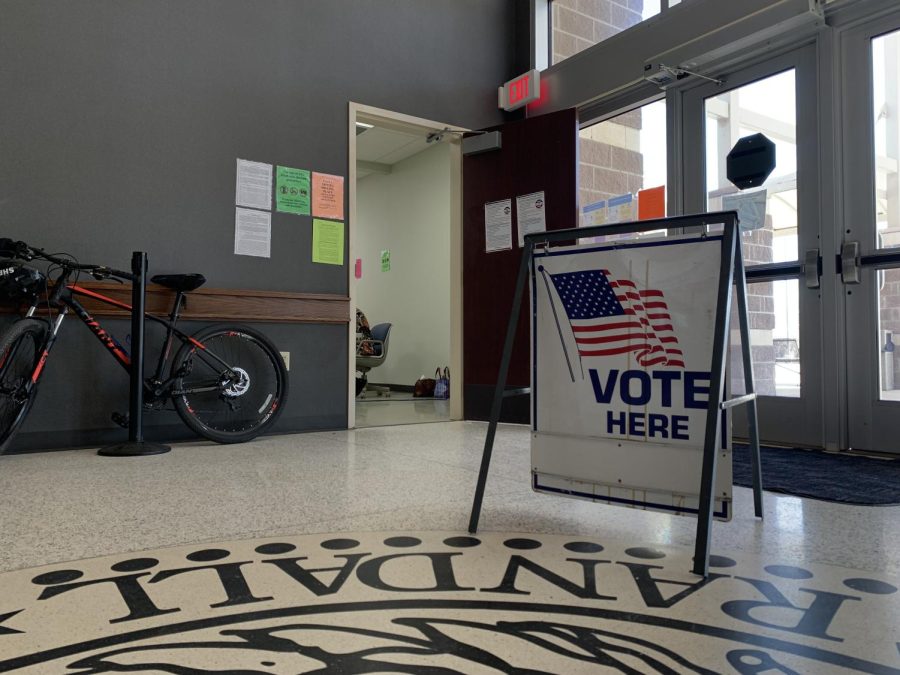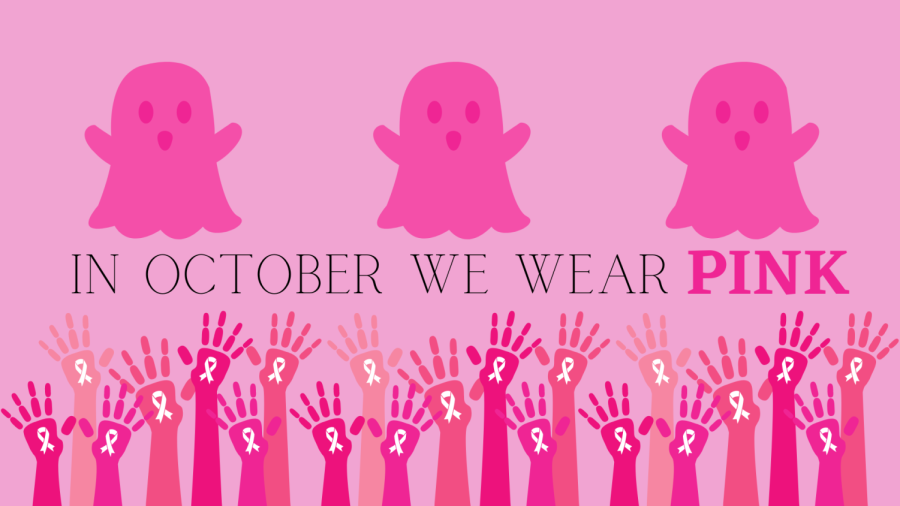On Oct. 7, Twitter filed a lawsuit against the United States Government and the FBI. The issue at hand was one wrapped up in free speech, constitutionality and government surveillance. The main subject of the complaint is this; Twitter would like to be able to report exactly how many surveillance requests they receive from government agencies instead of vague and broad ranges that don’t show anything.
Twitter itself is in an interesting position in comparison to most other major tech companies that receive government requests for user data. On Twitter, pretty much everything a user posts is public information. The government reportedly sends far fewer requests to Twitter than the other companies, but the microblogging giant has decided to stick to its guns and stand up for its own right to free speech and the rights of its users. Presently, they are only allowed to report a very broad range, from zero to 999 possible requests, in their twice-a-year transparency report to their users.
In this era, after high profile events such as Julian Assange and Wikileaks or Edward Snowden’s reveal of mass government spying, ideas about what the public should and should not know about are at the forefront of a proverbial battle for the internet. Tech companies and privacy advocates will argue that the general population has a right to know that the government is requesting to look at their social media accounts, while the government agencies will counter that secrecy is sometimes necessary for the effectiveness of their programs in preventing terrorism. When the information revealed compromises the missions of deep cover operatives in hostile territory, the lines are easier to draw, but it is much harder to sell the idea of spying on civilians to those civilians.
The latter attitude is clearly demonstrated by the FBI’s reaction to Apple’s new encryption software, making claims that it will be used to hide criminal intent and that the company should build in a back door for well-meaning government agents. The problem with that being a back door that can only be used by the so-called good guys is impossible to create, any attempt at doing so just creates a new vulnerability for hackers and makes the software useless. It is also problematic in its expression of the sentiment that citizens with nothing to hide should somehow be okay with invasions of their privacy.
In the case of Twitter, the tension surrounding secrecy and transparency is brought to the forefront. The fact that government agencies could potentially be prying into emails can make tech companies and their users nervous. On one hand, being able to tell their users how many times the government sends surveillance requests would help allay the concerns of Twitter’s users; but the nervousness is harder to justify when it is concerning the public Twitter profiles full of information knowingly put in an open and completely non-private forum. Still, reporting the simple number of requests, especially if it was very low or nonexistent, shouldn’t be such a big deal as to drag the US Government to court.
America is far from being anything close to an Orwellian police state. The fact that people can get away with saying it is a police state is a good litmus test to demonstrate just how untrue that assertion is. This does not mean however, that citizens should allow infringement upon their constitutional rights. Those who don’t exercise and protect their rights lose them, and it is the duty of the citizens in a democracy to hold their government accountable for its actions and question its decisions.
Twitter sues United States government and FBI
October 22, 2014
Leave a Comment
More to Discover




